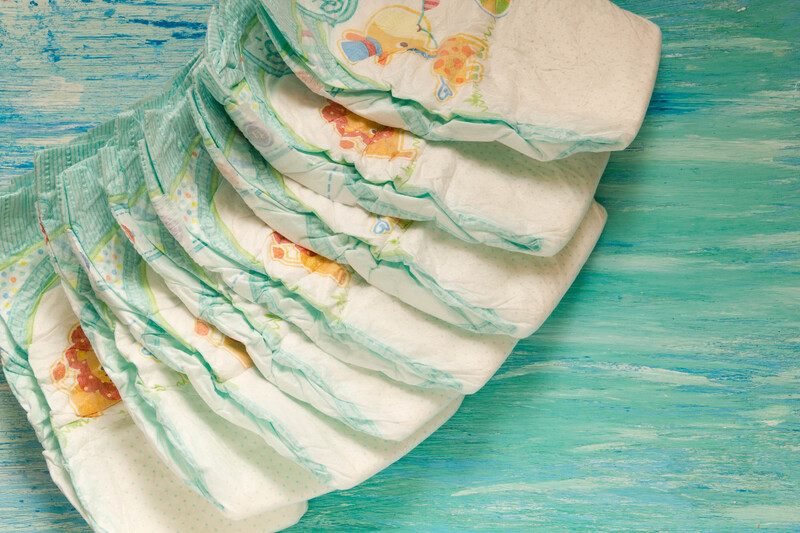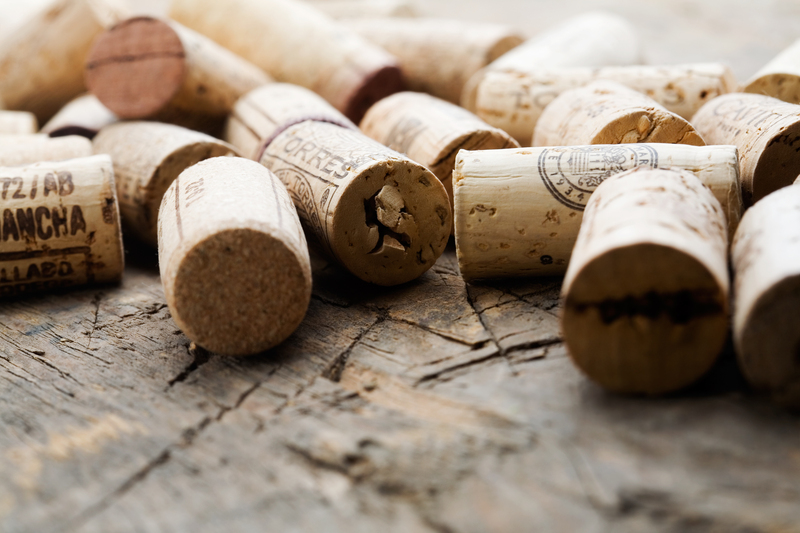Environmentally Conscious Deck Wood Disposal
Posted on 30/11/2024
As we increasingly become more environmentally aware, disposing of our old deck wood responsibly becomes critically important. Deck wood, which is often treated with chemicals to endure the elements, poses unique challenges when it comes to disposal. However, there are numerous eco-friendly methods available to ensure your deck wood doesn't harm the environment. This article guides you through the best practices for environmentally conscious deck wood disposal.
Understanding Treated vs. Untreated Wood
Before delving into disposal methods, it's essential to differentiate between treated and untreated wood. Treated wood is infused with chemicals to protect against pests and rot, making it more resistant to the elements but also more harmful when improperly disposed of. On the other hand, untreated wood doesn't contain these chemicals, making disposal easier and less hazardous.

Recycling Options for Deck Wood
One of the most environmentally friendly ways to dispose of deck wood is recycling. Many recycling centers accept untreated wood, which can be repurposed for mulch or other wood products. If your wood is untreated, call local recycling facilities to confirm they accept it.
For treated wood, the options are more limited as the chemicals can interfere with the recycling process. However, some specialized recycling facilities can handle certain types of treated wood, so a bit of research can help you find the right place.
Reusing Old Deck Wood
Reusing your old deck wood is another excellent way to reduce waste. Here are several ways to repurpose deck wood:
- Furniture: Create rustic outdoor furniture like benches, tables, or chairs.
- Garden projects: Use wood for raised garden beds, compost bins, or garden pathways.
- Artisanal crafts: Smaller pieces of wood can be transformed into picture frames, birdhouses, or decorative signs.
These creative projects give new life to your wood and keep it out of the landfill.
Proper Disposal Methods
If recycling or reusing isn't an option, ensure that your deck wood is disposed of correctly. Contact your local waste management service to find out their protocols for wood disposal. They may have specific guidelines for treated wood due to its chemical content.
Burning treated wood is highly discouraged as it releases toxic chemicals into the air, causing environmental pollution and health hazards. Instead, take the wood to a dedicated disposal facility that can handle treated materials safely.
Donating Usable Deck Wood
Many community organizations accept lumber donations for their projects. Schools, community gardens, or non-profits focused on building projects might find your old deck wood invaluable. Donating wood extends its usability and supports local initiatives.
Tips for Environmentally Friendly Deck Wood Disposal
Here are some additional tips to ensure you dispose of your deck wood in an environmentally friendly manner:
- Research local regulations: Regulations around disposing of treated and untreated wood vary by location, so make sure you're compliant with local laws.
- Consider natural wood alternatives: When building new decks, consider using naturally rot-resistant woods like cedar or redwood, which require fewer chemicals.
- Partner with professionals: If you're unsure about the best disposal method, working with a waste disposal professional can provide peace of mind and ensure responsible handling.
Pros and Cons of Different Disposal Methods
Each disposal method has its advantages and disadvantages:
- Recycling:
- Pros: Keeps wood out of landfills, repurposes wood into useful products.
- Cons: Limited options for treated wood, can require research to find appropriate facilities.
- Reusing:
- Pros: Extends the life of the wood, creative and personal projects add value.
- Cons: Requires time and effort, not all wood may be reusable.
- Proper Disposal:
- Pros: Ensures wood is handled safely, compliance with local regulations.
- Cons: Might involve fees, treated wood needs specialist handling.

Key Takeaways
- Differentiating between treated and untreated wood is crucial for disposal choices.
- Recycling and reusing offer eco-friendly ways to dispose of deck wood.
- Proper disposal ensures compliance with regulations and avoids environmental harm.
- Donating wood benefits community projects and extends the wood's life.
- Always research local disposal guidelines and seek professional help if needed.
Conclusion
Environmentally conscious deck wood disposal requires thoughtful consideration and effort, but the environmental benefits are significant. By differentiating between treated and untreated wood, exploring recycling and reuse options, adhering to proper disposal methods, and possibly donating usable wood, we can all contribute to a more sustainable world. Following these guidelines ensures that your old deck wood finds a responsible and eco-friendly end, serving a new purpose rather than contributing to landfill waste.

 020 3744 5866
020 3744 5866












